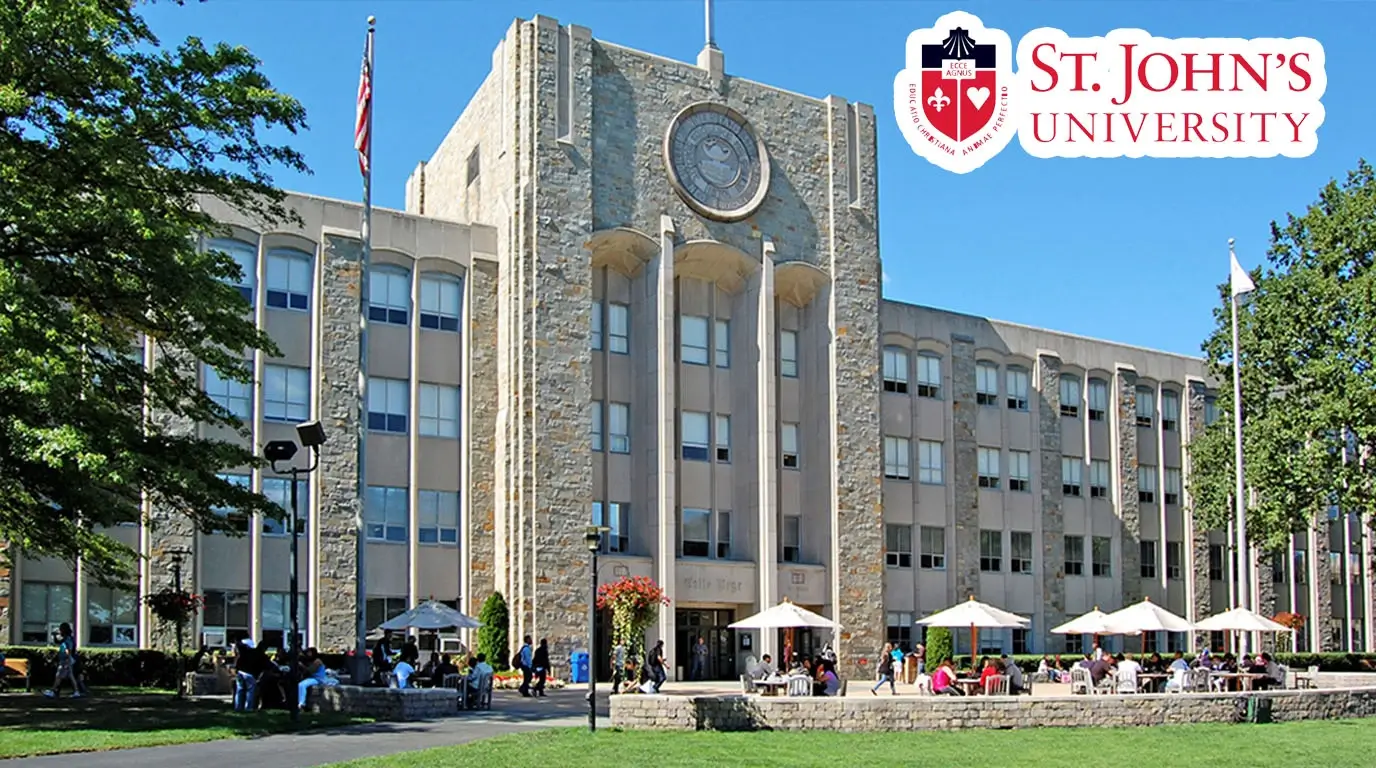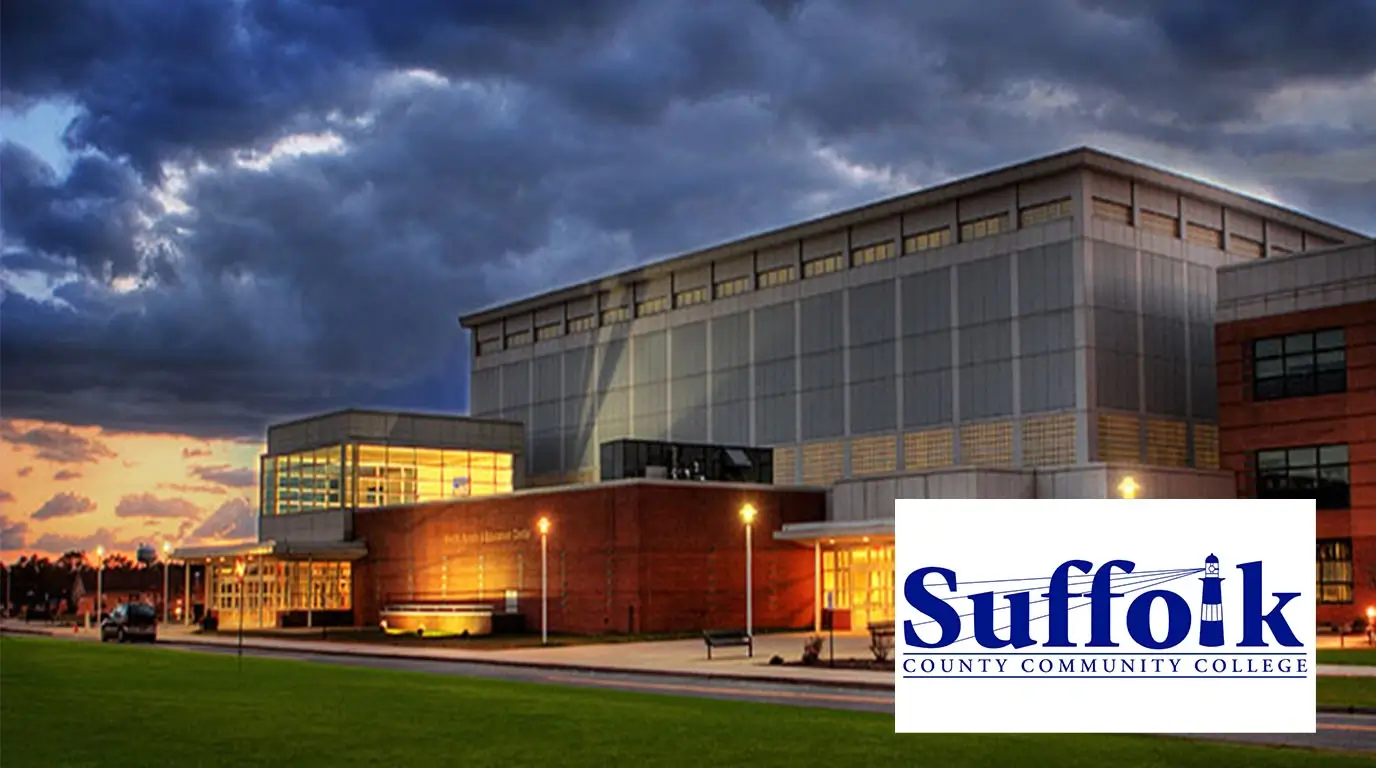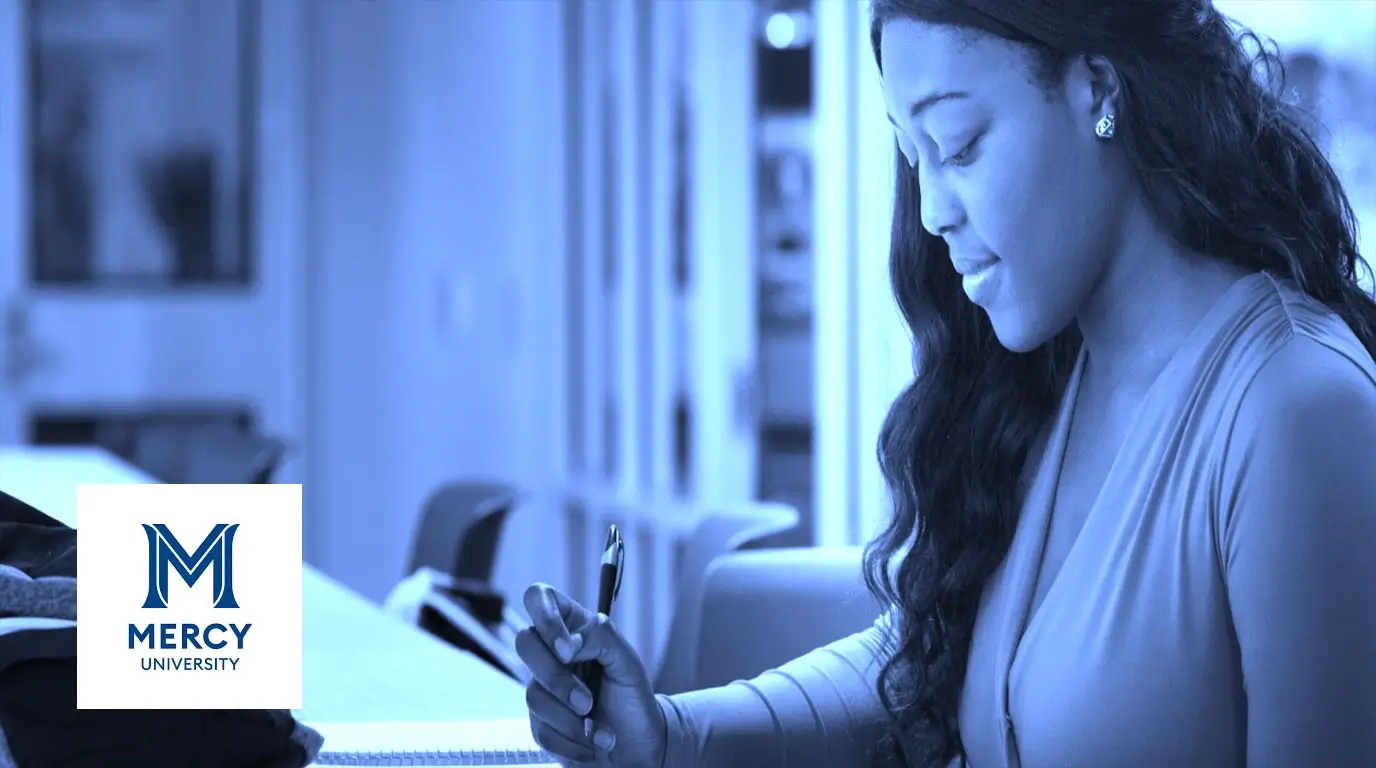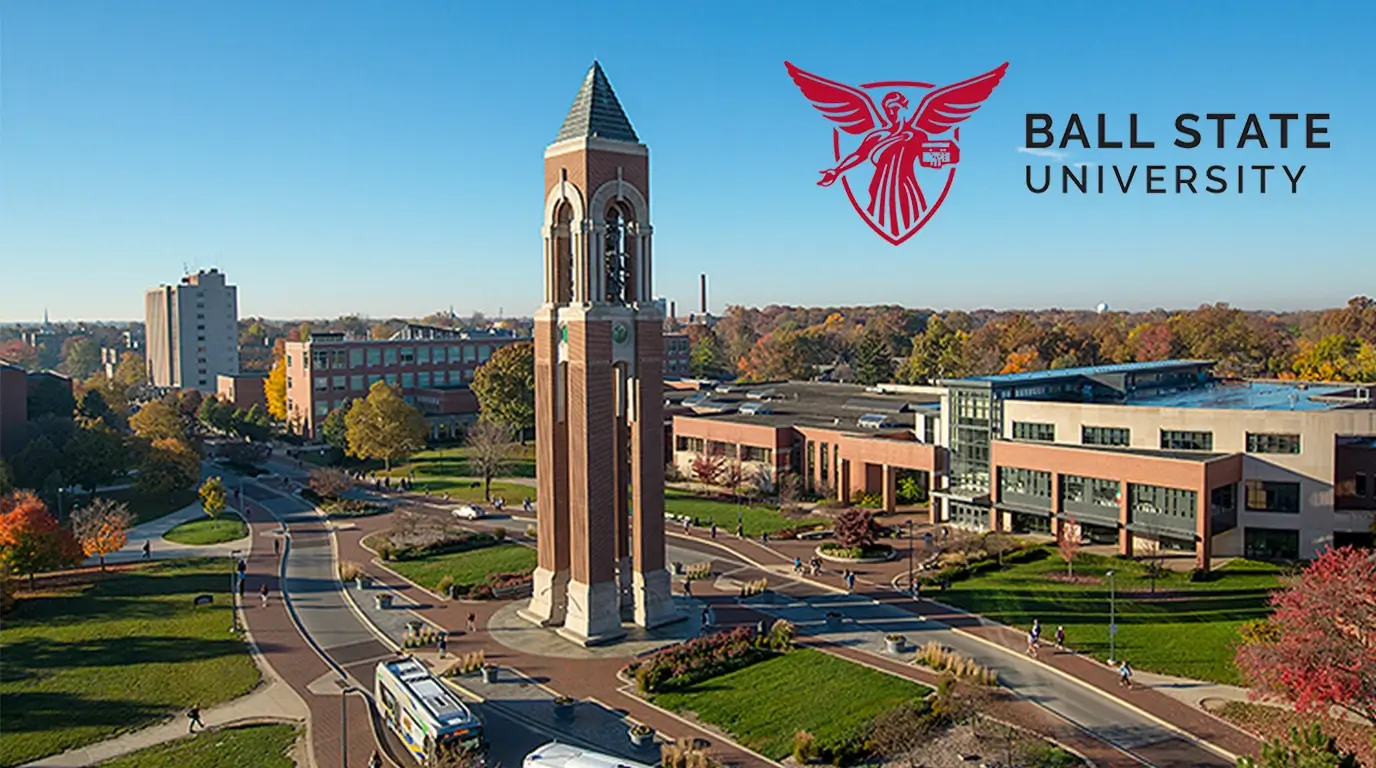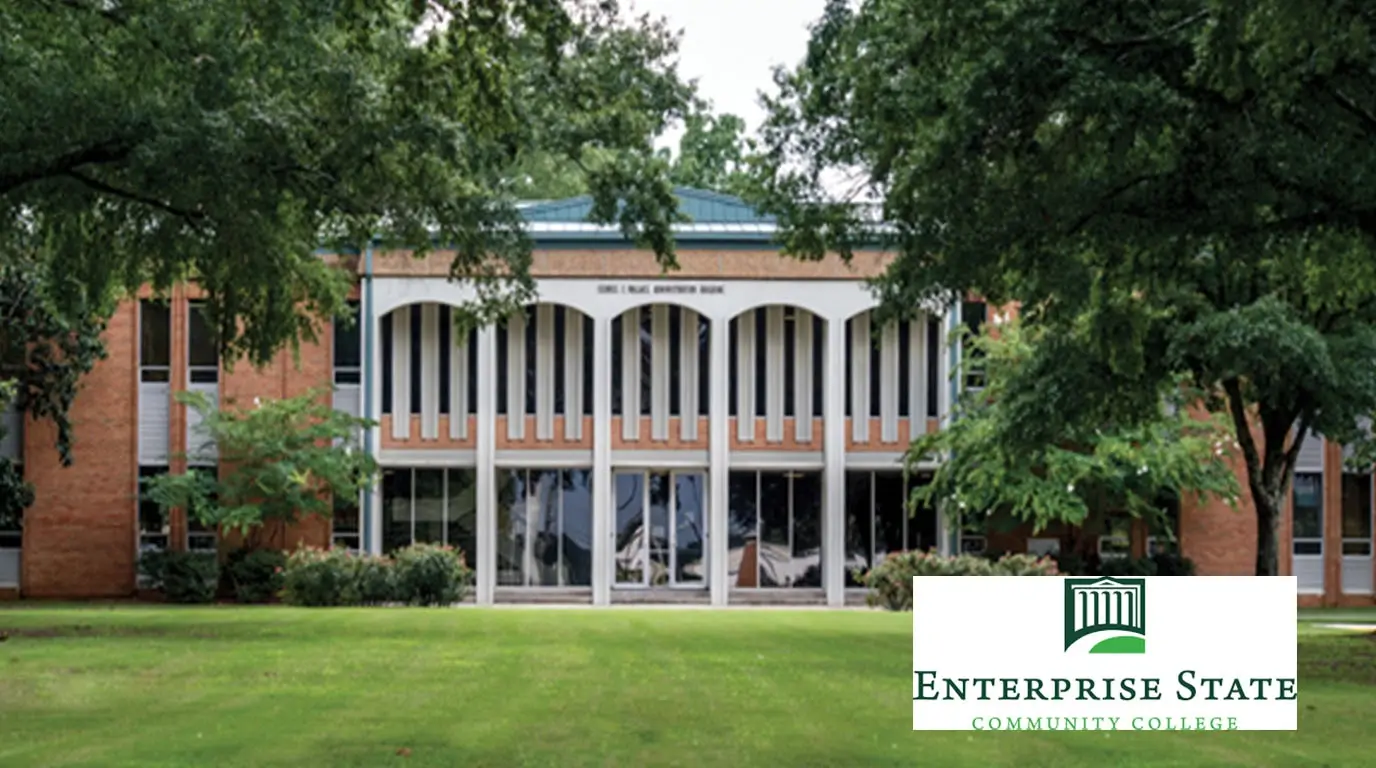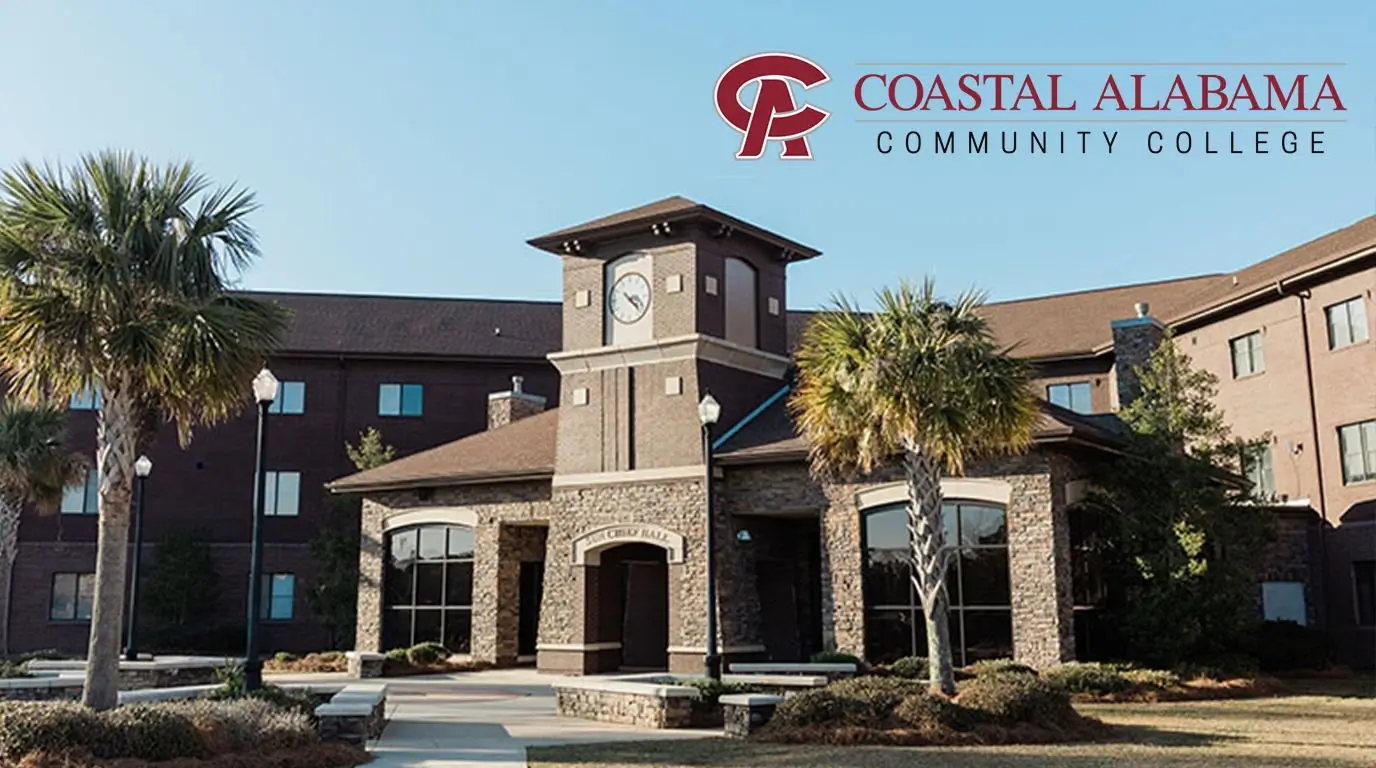Becoming a Paralegal in New York – Your State-Specific Guide
Ever wonder how you could break into New York’s legal world without slogging through law school? Here’s a stat to grab you: paralegals in New York pull in an average of $66,000 a year, according to the Bureau of Labor Statistics’ 2023 data—pretty decent for a career you can jumpstart with the right mix of grit and training.
Becoming a paralegal in New York isn’t just a job; it’s a front-row seat to one of the busiest legal scenes in the country—think Wall Street firms, Manhattan courthouses, and even upstate government gigs. Paralegals are the unsung heroes keeping attorneys on track, and in a state like this, the demand’s real. If you’re curious about what it takes to get there, I’ve got you. This guide’s all about the New York specifics—education, certifications, job outlook—laid out step by step from someone who’s seen the game up close.
Paralegal Definition and Regulation in New York
So, what’s a paralegal in New York, legally speaking? The state doesn’t pin it down with a strict definition in its laws, but it leans on the American Bar Association’s take: a paralegal’s someone qualified through education or experience to handle substantive legal work—stuff like drafting motions or digging into case law—under an attorney’s watch. It’s less about a title and more about what you do day-to-day to keep the legal machine humming.
Regulation-wise, New York keeps it loose. There’s no state license you’ve got to snag or a mandatory exam to sweat through. You won’t find a “Paralegal Board” breathing down your neck. That said, the Empire State Alliance of Paralegal Associations (ESAPA) pushed out the New York State Certified Paralegal (NYSCP) program—a voluntary credential we’ll unpack later. Legally, you’re tethered to an attorney’s oversight, meaning their ethical rules (confidentiality, no funny business) apply to you too. No direct client advice or courtroom solos—those are lawyer-only zones. It’s a setup that gives you room to grow but keeps the guardrails firm.
- Key Takeaway: New York doesn’t lock down a legal definition or require licenses for paralegals—just work under a lawyer and follow their ethical lead.
Education Requirements and Recommended Programs in New York
Alright, let’s get into the nitty-gritty: do you need a degree to be a paralegal in New York? Nope, not by law. The state’s got no hard-and-fast rule saying you must have a diploma framed on your wall. But here’s the catch—employers? They’re a different story. Most law firms, especially in cutthroat spots like NYC, won’t even glance at you without some formal education. We’re talking an Associate’s, a Bachelor’s, or a paralegal certificate. And if it’s from an ABA-approved program, you’re ahead of the pack—firms love that stamp of quality.
New York’s got a ton of options for paralegal education programs in New York, so here’s my shortlist of standouts:
- St. John’s University – In Queens, they’ve got ABA-approved Bachelor’s, Associate’s, and certificate tracks in Legal Studies. It’s heavy on real-world skills—research, writing—and they’ve got ties to NYC firms for internships. A solid pick if you’re near the city.
- Suffolk County Community College – Out on Long Island, this ABA-approved Associate’s in Paralegal Studies mixes online and in-person classes. It’s practical—think litigation and property law—and they push you into a 75-hour internship. Great for hands-on learners.
- Bronx Community College (CUNY) – An ABA-approved Associate’s in Paralegal Studies that’s affordable and urban-friendly. They’ve got a Lay Advocate certificate too if you’re into public interest work.
- Mercy College – Dobbs Ferry-based, with a Bachelor’s in Legal Studies: Paralegal Studies. Not ABA-approved, but it’s respected and dives deep into legal theory—good if you’re eyeing a longer career arc.
What about online paralegal programs for New York residents? Oh, they’re out there. Places like SUNY’s Empire State College offer certificates you can knock out remotely—perfect if you’re upstate or juggling a day job. Flexibility’s key, especially in a state this big.
- Key Takeaways:
- No legal education mandate, but employers expect an Associate’s, Bachelor’s, or certificate.
- ABA-approved programs boost your odds in New York’s job market.
- Plenty of in-person and online choices—pick what fits your life.
Paralegal Certification and Credentials in New York
Certification’s where it gets interesting. Is there a state-specific paralegal certification in New York? Not a must-have, no. The state doesn’t force it on you. But the NYSCP from ESAPA is a voluntary option—think of it as a shiny badge. To grab it, you need stuff like an Associate’s in paralegal studies plus six years of experience, or a Bachelor’s and three years. It’s a commitment, renewed every two years with 12 CLE credits (one in ethics).
Nationally, you’ve got heavy hitters like NALA’s Certified Paralegal (CP)—pass their exam, and you’re legit anywhere, including New York. The NFPA’s CORE Registered Paralegal (CRP) is another gem—both show you’ve got the chops for research, drafting, and ethics. In New York’s fast-paced legal world, these can tip the scales.
Why bother with certification in New York? It’s your edge. Firms here—especially in Manhattan—love seeing that extra hustle. It can bump your paralegal salary by $5,000-$10,000 a year and make you stand out for law firm jobs in New York. Plus, it’s a credibility boost—clients and bosses notice.
- Key Takeaways:
- No mandatory state certification, but NYSCP’s a voluntary flex.
- National creds like NALA CP or NFPA CRP shine in New York.
- Certified paralegals here snag better pay and gigs—worth it.
Paralegal Associations in New York
Networking’s your secret weapon, and New York’s got some solid paralegal associations to tap into. Here’s the rundown:
- Empire State Alliance of Paralegal Associations (ESAPA) – The big umbrella group, linking local orgs and running the NYSCP program. They’re all about standards and support—think CLE and job tips.
- New York City Paralegal Association (NYCPA) – NYC-focused, with events, job boards, and CLE credits. If you’re in the five boroughs, this is your crew.
- Western New York Paralegal Association – Upstate vibes, covering Buffalo and beyond. Smaller, but tight-knit—great for local connections.
Joining one’s a no-brainer. You get CLE to keep sharp, networking events to meet the right people, and job boards that beat scrolling Indeed. I’ve watched rookies land law firm jobs in New York just by showing up to a mixer and chatting up a hiring manager. It’s that real.
- Key Takeaways:
- ESAPA, NYCPA, and WNYPA are your go-tos in New York.
- Membership means CLE, jobs, and a network—crucial for growth.
Job Market Outlook and Salary for Paralegals in New York
Let’s talk the job market for paralegals in New York. It’s big—third-highest employment in the U.S., per the BLS, with 30,930 paralegals in 2023. NYC alone’s got over 25,000, thanks to its legal and corporate juggernaut status. Upstate—like Albany or Rochester—has fewer, but they’re steady. The paralegal career outlook in New York? Not explosive, but solid—BLS projects 1.2% growth through 2032, slower than the national 4.2%, yet that’s still 3,700 openings yearly from turnover.
Salary’s where New York shines. The average paralegal salary in New York was $66,650 in 2023 (BLS again)—way above the national $59,200. Entry-level? You’re looking at $50,000-$55,000. Pile on experience, certification, or a specialty like corporate law (huge in NYC), and you could hit $90,000-$100,000 in metro areas. Location’s key—NYC pays top dollar (think $70,000+), while rural spots lag closer to $50,000. Specialization and firm size play in too—big Manhattan outfits outpay small upstate shops.
Demand’s driven by New York’s legal density—Wall Street, courts, you name it. Firms lean on paralegals to cut costs, so the paralegal career outlook in New York stays promising if you’ve got the skills.
- Key Takeaways:
- Huge job market—30,930 paralegals, with 3,700 annual openings.
- Average paralegal salary in New York: $66,650, topping out over $100,000 in NYC.
- Slow growth, but steady demand from legal hubs.
Key Takeaways: Steps to Becoming a Paralegal in New York
Ready to dive in? Here’s your game plan to become a paralegal in New York:
- Research paralegal education programs in New York—start with St. John’s or Suffolk.
- Pick your path: Associate’s, Bachelor’s, or certificate—whatever fits your timeline.
- Lean toward ABA-approved programs for that employer cred.
- Eye certifications like NALA CP or NYSCP to stand out.
- Join ESAPA or NYCPA—networking’s your fast track to jobs.
- Kick off your job search, targeting New York’s legal market—NYC’s the goldmine.
There you have it—a straight-up guide to making it as a paralegal in New York. It’s a hustle, but the payoff’s real—good money, big opportunities. Got questions or want to swap stories? Drop a comment—I’m all ears. Go chase that legal gig!


